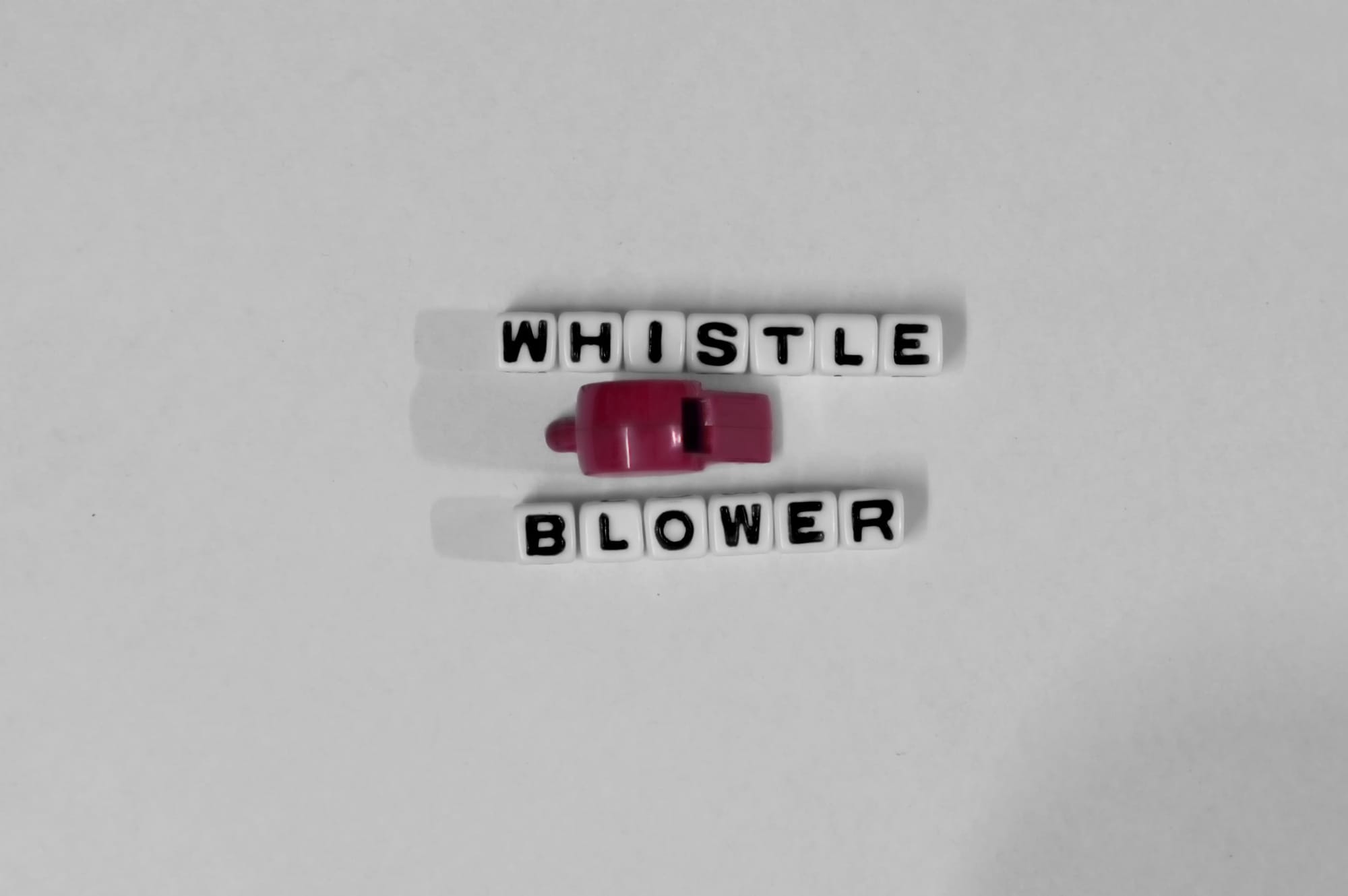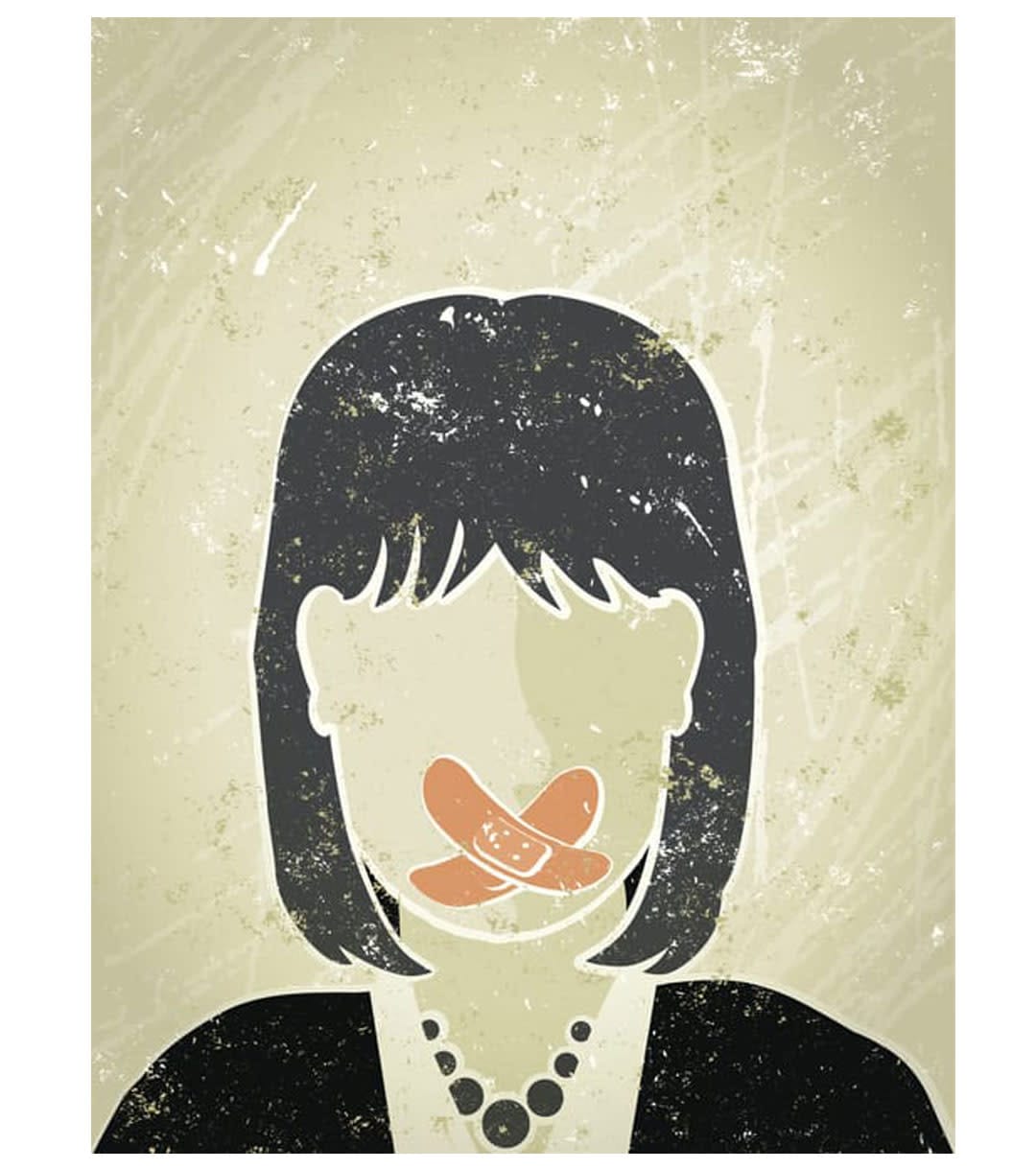
Whistleblowers are “heroes”, according to Monash University lecturer Dr Xinning Xiao – and they deserve more protection under Australian law to ensure transparent government and corporate governance.
Dr Xiao is a lecturer in the department of accounting, and among her fields of expertise are corporate responsibility and whistleblowing. A whistleblower is defined as someone who exposes government or corporate information or activities they deem illegal or immoral.
"With the amount of fear we know whistleblowers live with, it’s a very lonely journey."
The intricacies of whistleblowing are a significant political issue in Australia, where they’re given less protection than in other countries. In the United States, whistleblowers are paid if they alert the corporate regulator – the US Securities and Exchange Commission – to crimes that lead to successful sanctions and are penalised by amounts more than US$1m.
Australia’s federal government says that in Australia it’s doing enough to protect whistleblowers, with proposed upgrades to the law – introduced by the Minister for Jobs and Industrial Relations, Kelly O’Dwyer, who’ll quit before the next election – being passed by the Senate but not yet the House of Representatives.
Podcast: Embracing the 'enemy' within: how whistleblowing can benefit companies
The Labor opposition has proposed a whistleblower rewards scheme in which people would receive a share of the penalties imposed on those whose wrongdoing they reveal. Labor says it would also establish a protection authority and introduce a single whistleblower act. The issue of financial reward, however, is vexed, with experts saying it could lead to false claims.
The recent banking royal commission – with damning findings of financial misconduct by Commissioner Kenneth Hayne – was sparked in part by whistleblowers telling journalists and politicians about Commonwealth Bank of Australia financial planning misconduct in 2008.
A complicated decision
Dr Xiao said deciding to become a whistleblower because of misconduct observed at the workplace is “complicated”, and also “one of the biggest decisions that anyone can make in their career”.

But she said whistleblowers face the real threat of retaliation even if the decision’s made with good intentions rather than financial reward. Currently, whistleblowers are protected only if they’re employees of the company they’re reporting– they’re not protected if sacked. Amendments to the laws may prevent this loophole, which is seen as a deterrent to whistleblowing. Australian whistleblowers, as it stands under the law, can also not choose anonymity if they want to seek protection.
"I think with the amount of fear we know whistleblowers live with, it’s a very lonely journey,” Dr Xiao said. “It’s a very thankless task, I would say, due to the risk of retaliation. Some of them still choose to do so, as they’re driven by a sense of ethical behaviour. They see something is wrong. They cannot keep quiet about it. I think that’s the definition of a hero.
“Small or big, I think they’re brave enough to risk their career. What could we do to better protect the whistleblower so they have the confidence to report the misconduct? From a legislation point of view, I think there’s still a lot that can be done.”
To pursue, not protect
Monash University Associate Professor Johan Lidberg, the deputy head of journalism, has a background in investigative reporting in Europe, where he said access to government-held information was much freer than in Australia. The “default setting” in Australia was to pursue rather than protect the whistleblower.
Read more on retaliation: Exposing and punishing online trolls
He cites the case of “Witness K”, a former Australian government spy who helped blow the whistle on the Australian Secret Intelligence Service (ASIS) allegedly bugging the Timor-Leste embassy during lucrative oil and gas negotiations. “Now he’s being pursued relentlessly by the current government because it’s embarrassing. Instead of owning up, they’re actually killing the messenger.”
Associate Professor Lidberg can also see why whistleblowers can be regarded as heroes, but he said to be pursued by former employers or government “must be absolutely horrible”.
“Research shows that people who decide to blow the whistle have a very strong sense of justice. Rather than being seen as heroes, they’re being seen as villains, so it must be incredibly conflicting.”
View the latest episode in the A Different Lens documentary series: The Question of Retaliation





